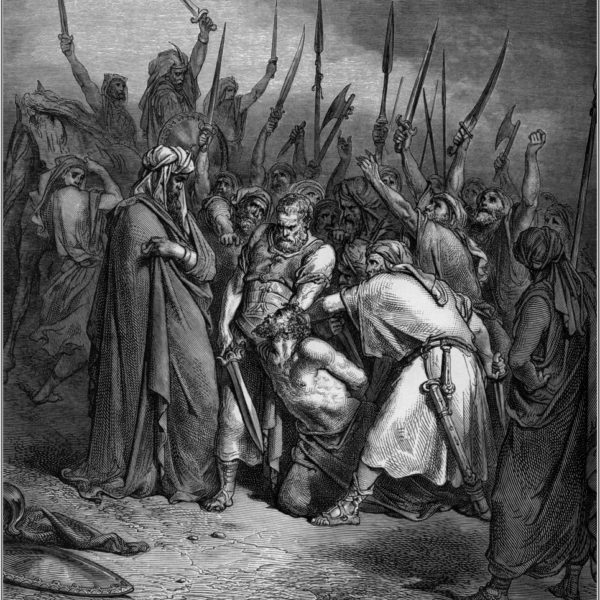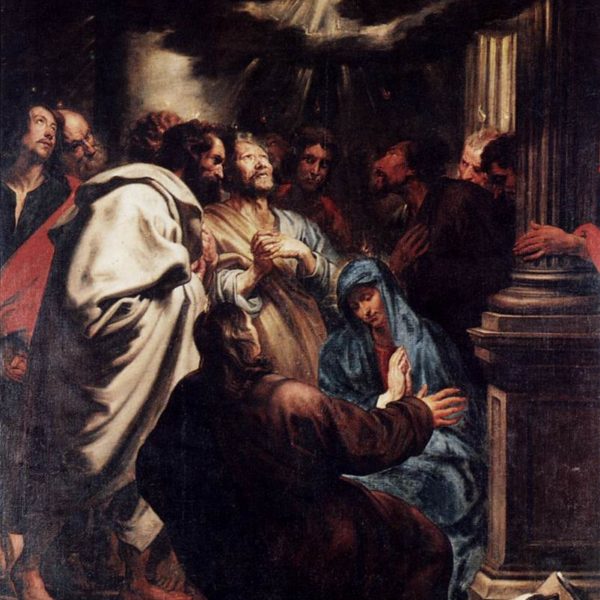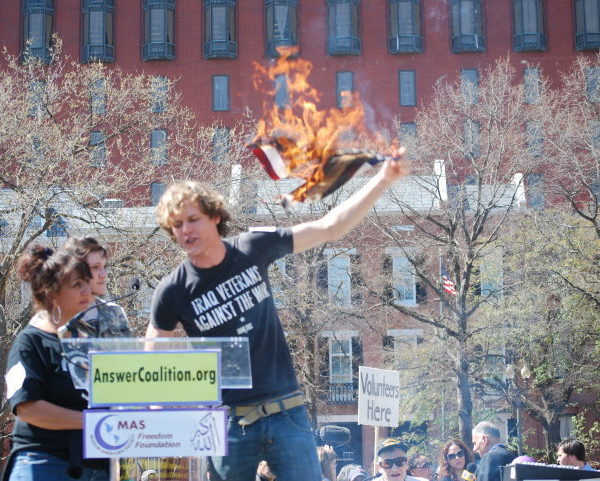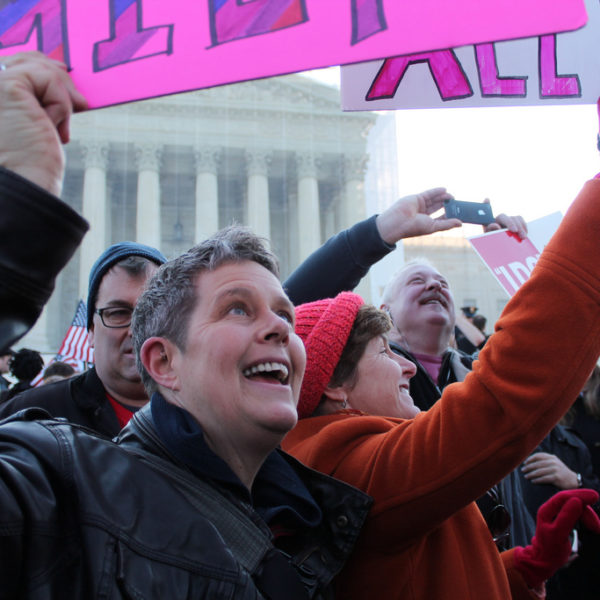
American Evangelicals and their rumblings on marriage equality will stay with us. This resilience is not simply because of the impact of their networks and numbers but because their resistance reflects a general uneasiness with the value of equality, one that is profoundly embedded in American political culture.

Return now to the martyrs who met for Bible study at Emanuel Church on the evening of June 17th. They teach us very many things, and also many more than I can know. Still, I want to say here that, by their faithful practice, they too illumine the meaning of the Parable of the Sower, and that they do so by indicating what it means to be good and fertile ground.
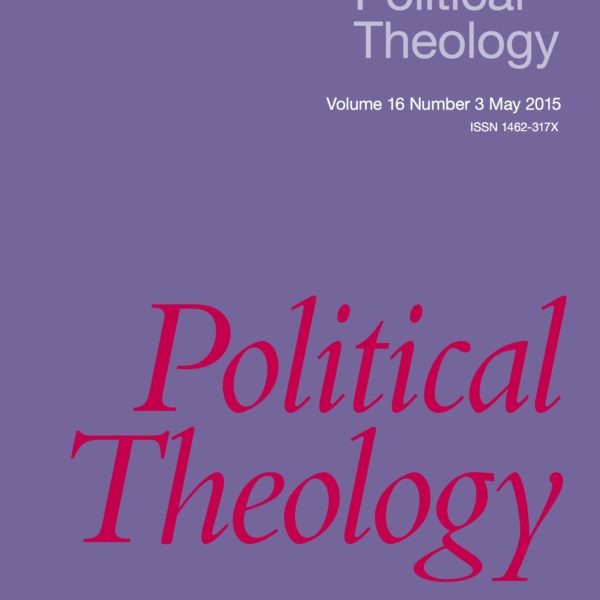
We are happy to announce the publication of Vol. 16, Issue 3 of our journal, Political Theology. Unlike several recent issues, this issue is not organized around a single theme, but brings together a range of high-quality contributions on diverse topics in contemporary political theology.

. . . In other words, Chappie can be read as an allegory that calls for us to recognize our ill-treatment of the other, and the film seeks an alternative ethic that does not recourse immediately or uncritically to fear or hostility, leading to violence. We are to be more embracing of the ‘other’ who is, ultimately, more complex than we might first assume, and is never entirely ‘other’.
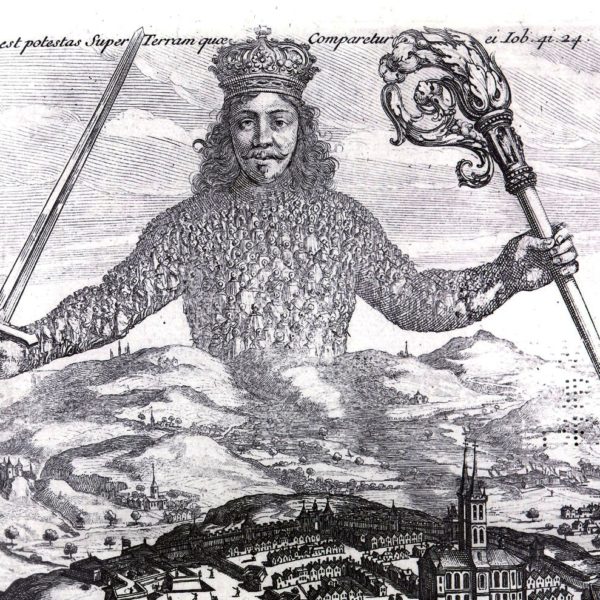
The biblical images of God as divine king are often handled with embarrassment in a more egalitarian age. However, although it may appear little more than accommodation to ancient despotic assumptions, throughout the Scriptures the kingship of God is presented as a great force for liberation against all human tyrants.



